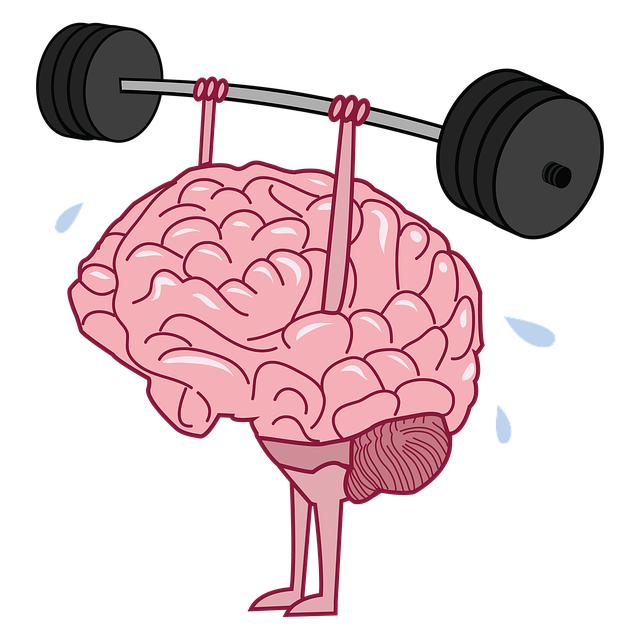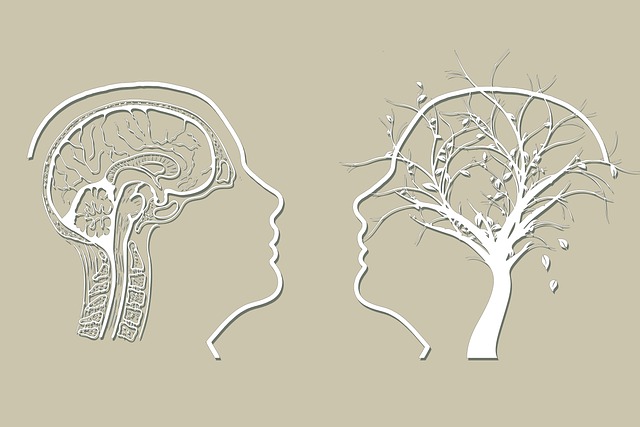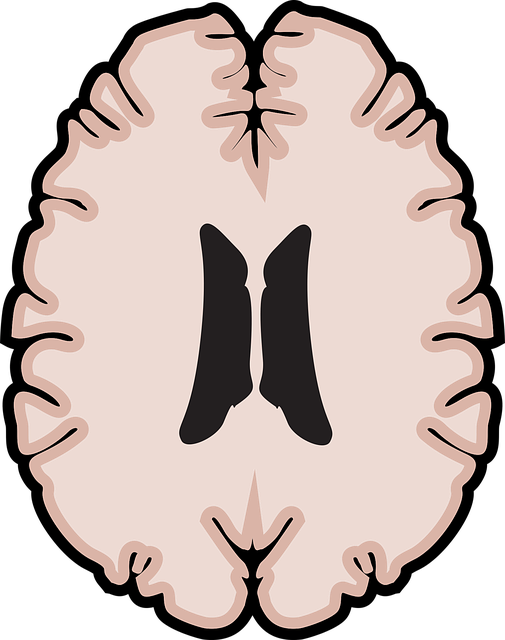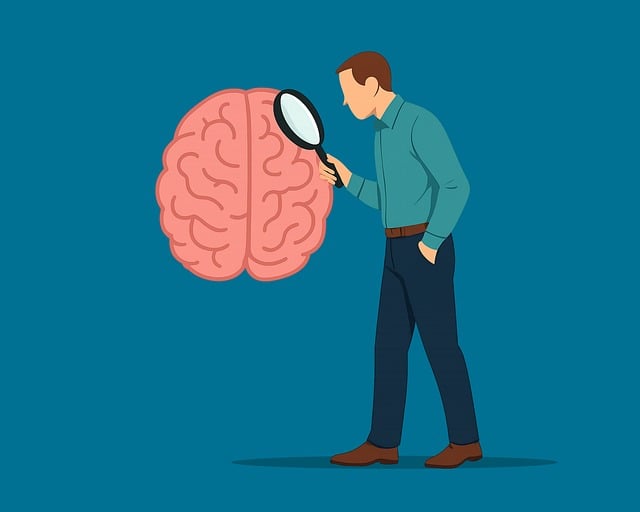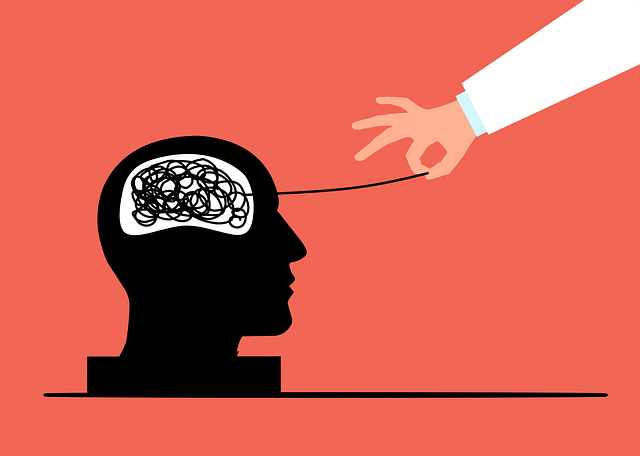Louisville International Adoptions Therapy (LIAT) offers specialized Social Skills Training focusing on Emotional Intelligence (EI) and emotional well-being to manage mental health conditions. Their holistic approach combines evidence-based practices like role-playing, group discussions, and CBT with stress management workshops, fostering deeper connections and enhancing emotional regulation. LIAT provides tailored post-training support through multi-faceted assessments, and offers ongoing resources like the Healthcare Provider Cultural Competency Training program and Mental Wellness Podcast Series.
Social skills training is a powerful tool for managing mental health conditions, offering a holistic approach to enhancing well-being. This article explores the intricate link between social interactions and mental health, highlighting how Louisville International Adoptions Therapy (LIAT) specializes in addressing these challenges. We’ll delve into targeted skill development, LIAT’s unique strategies, and measurement techniques, providing insights for those seeking support and guidance. By understanding these components, individuals can navigate their mental health journeys with improved social confidence.
- Understanding the Connection Between Social Skills and Mental Health
- The Role of Louisville International Adoptions Therapy in Addressing Social Challenges
- Identifying Specific Social Skills to Target for Improvement
- Strategies and Techniques Employed in Social Skills Training
- Measuring Success and Continuing Support After Training Sessions
Understanding the Connection Between Social Skills and Mental Health

Social skills training plays a pivotal role in addressing and managing mental health conditions. The intimate connection between social interactions and emotional well-being is often overlooked, yet it’s a crucial aspect that significantly influences one’s mental health journey. Individuals facing challenges like anxiety, depression, or trauma may struggle with everyday communication, leading to isolation and exacerbating their symptoms. Louisville International Adoptions Therapy recognizes this critical link and offers specialized Social Skills Training programs tailored to enhance emotional intelligence and foster meaningful connections.
By incorporating Emotional Intelligence (EI) and Emotional Well-being Promotion Techniques into therapy, individuals learn to interpret and manage their emotions effectively, thereby improving their social interactions. EI enables them to recognize and respect boundaries, understand non-verbal cues, and respond empathetically in various social scenarios. This, in turn, promotes healthier relationships and enhances overall social skills training, offering a holistic approach to mental health support.
The Role of Louisville International Adoptions Therapy in Addressing Social Challenges

Louisville International Adoptions Therapy (LIAT) plays a pivotal role in empowering individuals facing mental health challenges by offering specialized Social Skills Training programs. Recognizing that social interactions can significantly impact mental well-being, LIAT focuses on enhancing communication, relationship-building, and emotional regulation skills. Through evidence-based practices tailored to individual needs, they address the unique social challenges associated with various mental health conditions.
This therapy goes beyond traditional approaches by fostering self-esteem improvement and providing a supportive environment where individuals can practice and refine their social abilities. By integrating Mental Health Awareness into their training, LIAT equips clients with the tools to navigate social situations confidently, leading to improved overall functioning and quality of life.
Identifying Specific Social Skills to Target for Improvement

Identifying which social skills to target for improvement is a crucial step in any therapeutic journey. At Louisville International Adoptions Therapy, we recognize that mental health conditions can often impact an individual’s ability to navigate social interactions effectively. For example, someone with anxiety may struggle with initiating conversations or maintaining eye contact, while depression could lead to withdrawal from social activities. Therefore, our therapy programs are tailored to address these specific needs.
We focus on various skills such as active listening, empathy building, and assertiveness training. Compassion cultivation practices have been shown to enhance emotional regulation and foster deeper connections with others. By teaching individuals how to manage their anxiety or depression in social settings, we enable them to engage more comfortably and build meaningful relationships. This personalized approach ensures that each client receives the support they need to thrive socially while managing their mental health conditions effectively.
Strategies and Techniques Employed in Social Skills Training

Social Skills Training employs a variety of strategies and techniques to effectively help individuals with mental health conditions navigate social interactions. These programs often incorporate role-playing scenarios, group discussions, and cognitive behavioral therapy (CBT) to teach practical skills for understanding and responding to social cues. At Louisville International Adoptions Therapy, our approach blends these evidence-based methods with a focus on fostering emotional intelligence and promoting healthy coping mechanisms, such as those outlined in Mind Over Matter Principles.
Through interactive Stress Management Workshops Organization sessions, participants learn to manage stress in real-time during social gatherings. This includes mastering communication techniques that enhance assertiveness, empathy, and active listening—key components for building meaningful connections. By integrating these skills with the Mind Over Matter Principles, individuals gain a deeper understanding of their emotions and how to express them constructively, thereby improving both their social interactions and overall mental well-being.
Measuring Success and Continuing Support After Training Sessions

Measuring success and ensuring continued support are integral parts of any effective social skills training program, especially for individuals with mental health conditions. At Louisville International Adoptions Therapy, we go beyond mere participation to gauge the real impact of our workshops. Our approach involves a multi-faceted assessment process that includes self-reporting by participants, feedback from peers and facilitators, and practical skill evaluation in various social settings. This holistic method allows us to pinpoint areas of improvement and tailor post-training support accordingly.
The journey towards enhanced social skills doesn’t end with training sessions. Our commitment to our clients’ long-term mental wellness is reflected in the comprehensive resources we offer. This includes a Healthcare Provider Cultural Competency Training program designed to educate professionals on navigating diverse cultural backgrounds, preventing burnout among care providers, and fostering inclusive environments. Additionally, our Mental Wellness Podcast Series Production provides ongoing support through insightful discussions and practical tips delivered directly to individuals’ devices, ensuring that clients stay connected and motivated in their pursuit of improved social interactions.
Social skills training, as exemplified by the comprehensive programs offered by Louisville International Adoptions Therapy, plays a pivotal role in improving mental health outcomes. By targeting specific social challenges and employing evidence-based strategies, individuals with mental health conditions can enhance their interpersonal interactions, fostering better relationships and overall well-being. Continuous support post-training ensures sustained progress, making these programs invaluable resources for navigating the complexities of social dynamics and mental health.




